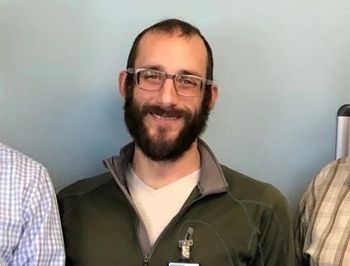
When Are Patients Willing to Share Their Data?
More often than you might think, panelists said. But only for the right reasons.
Perhaps some in the healthcare industry have it wrong. Maybe patients care less about the security of their data than providers, researchers, and decision-makers think, according to one expert.
Deborah Fisher, MD, associate director of gastroenterology research at Duke University, said she has found that people want to advance medical research. If their health data can help, all the better, she said this week during a
“I think patients also are less concerned in many ways about the security of the data than the rest of us are,” she said. “But they want to know where it’s going and to what kind of good.”
To a lesser degree, people want to know how their data contributions might benefit them personally, Fisher added. And they seem to dislike the idea of someone, like pharma companies, making money off medical records, she said.
Fisher’s point was backed up by
Kevin Campbell, MD, a cardiovascular disease specialist and TV
Most said they felt OK with that sort of data collection, Campbell noted. Europeans, however, pushed back against the word “surveillance” due to its Cold War connotations.
“So we have to be careful about how we verbalize all these things,” Campbell said, “but this is a very powerful tool.”
Then again, a top-down change might be in order, a third panelist said. John Nosta, president of Nostalab and a member of Google’s healthcare advisory board, said privacy is contextual, and it changes with time. Not long ago, prying eyes would have struggled to find someone’s house, and now anyone can pull up Google Maps and do just that, he said.
Shifting privacy standards obscure how society views healthcare technologies that might still be 2 or 5 years away, Nosta said. The system warrants review, he said.
“It’s time we take another look at HIPAA and really fundamentally look at that from the inside-out,” he said, “because I think our outside-in methodology is cumbersome and problematic.”































